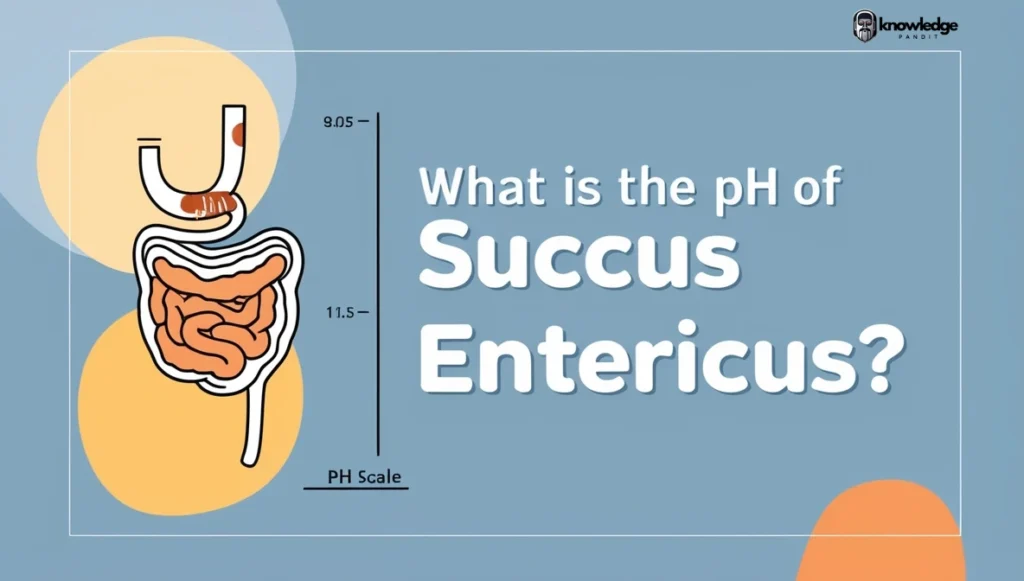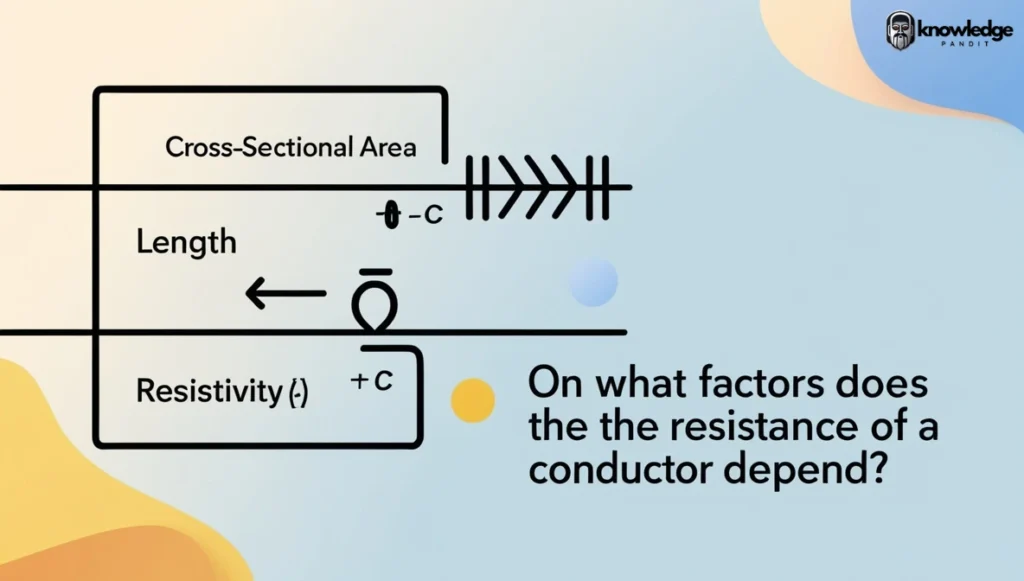The pH of succus entericus is around 7.6, highlighting its role in maintaining an alkaline environment essential for digestion and protection in the small intestine.
Succus entericus, also known as intestinal juice, is an alkaline secretion produced by the glands in the duodenum. It plays a crucial role in neutralizing the highly acidic chyme entering the small intestine from the stomach. This secretion contains water, mucoproteins, and hydrogen carbonate ions, which help protect the duodenum from damage caused by acidity.
pH Characteristics of Succus Entericus
- pH Range: The pH of succus entericus typically ranges between 7.5 and 8, indicating its slightly alkaline nature.
- Specific pH Value: The average pH of Succus Entericus is approximately 7.6.
Functions of Succus Entericus
- Neutralizes Acidity: Neutralizes the acidic chyme from the stomach to create a favorable environment for enzymatic activity in the small intestine.
- Facilitates Digestion: Contains enzymes like maltase, lactase, and peptidase that aid in breaking down carbohydrates and proteins.
- Protects the Duodenum: Prevents damage to the intestinal lining caused by gastric acids and proteolytic enzymes.




